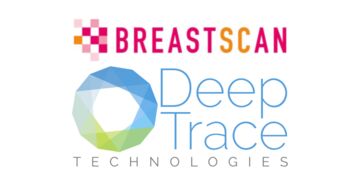AI-driven healthcare
Our AI-based technologies are accurate to predict the onset and development of diseases and improve their diagnosis, prognosis and therapy
Involving users
According to the required level of interaction, we include users in the data-analysis process, and provide participatory, user-driven decision support systems.
Organizing and selecting medical data
Profile, normalize, filter, avoid redundancy, structure, standardize and integrate multi-source data to provide correct, unique and consistent data for clinical and research analyses.
Applying advanced data analytics
For segmentation, hidden-pattern extraction, classification, and for generation of predictive models.
Providing informative data features
We allow users monitoring our technology outcomes with respect to the expected results, and interpreting its added value in supporting their decisions.
The impact of our products and services on patients, physicians and researchers
Sites using our technologies for clinical practice and research, including hospitals, private clinics and research centers of excellence
Images analysed by our solutions with automatic reports providing quantitative and predictive information generated at a single-patient level
Patient reports automatically produced by our solutions supporting clinicians in prevention, diagnosis and prognosis and informing patients
Image modalities from distinct image acquisition systems analyzed by our technological solutions
Peer-reviewed scientific papers published in top-tier journals
Countries worldwide where our technologies have been adopted
Products
Our products are applications of our intelligent technologies to real clinical needs
We are researchers with acknowledged scientific achievements in the field of artificial intelligence and imaging in the visible and invisible spectrum, passionate in transforming new enabling technologies in disruptive sustainable solutions changing social paradigms.
We come from excellent research institutions and collaborate with a global network of over 100 internationally renowned organizations, including top-tier universities, research centers, medtech companies, and university hospitals, advancing innovation across science, technology, and healthcare.


































